How Worst Eating Habits Increase Your Risk of Heart Disease
It’s no secret to be thoughtful about the eating habits and food choices you make, to save yourself from heart disease. The battle against heart disease, stroke and type 2 diabetes – three of the world’s leading causes of death – may be won or lost on your grocery list.
Unhealthy eating habits standout as a major lifestyle factor that increases the risk of death associated with the chronic heart diseases, studies say.
More than two-thirds of heart disease-related deaths worldwide can be linked to food choices.
Healthy lifestyle choices reduce the risk of stroke by 80%.
Thinking food as medicine is particularly right at this time. The right eating habits can really improve your health and decreases your risk of developing heart diseases.
Foods you can avoid for a healthy heart
There are some culprits in poor diet habits that have been influencing bad heart health. Scroll to learn more:
Excessive sodium/salt intake – ranked among the top concerns
Too much of salt intake can lead to hypertension (high blood pressure) and can damage your arteries. Hypertension is one of the highest potential risk factors for a heart attack or stroke.
Eating too much added sugar
A sugar-laden diet may raise your risk of dying of heart disease even if you aren’t overweight. A high-sugar diet may also stimulate the liver to dump more harmful fats into the bloodstream. Both factors are known to boost heart disease risk.
Ultra-processed foods also break your heart
Eating ultra-processed foods — such as packaged snacks, sugary cereals and drinks, chicken nuggets, and instant soup — may leave people more prone to heart disease and an early death. [Source: www.bmj.com]
Ultra-processed foods aren’t just full of fat, sugar, salt, and calories. They’re also low in fiber, vitamins, and minerals that help prevent heart disease.
Choose your diet that helps to build a healthy heart
A healthy eating habit starts in the produce aisle with fruits and vegetables. Whether you have years of unhealthy eating under your belt or you simply want to fine-tune your diet, here are eight heart-healthy diet tips. Once you know which foods to eat more of and which foods to limit, you’ll be on your way toward a heart-healthy diet.
- Control your portion size
- Eat more fruits and vegetables
- Increase the amount of whole grains in your daily diet
- Limit saturated and trans fat
- Choose low fat protein sources
These are not just health tips for your heart these could be life-saving actions.



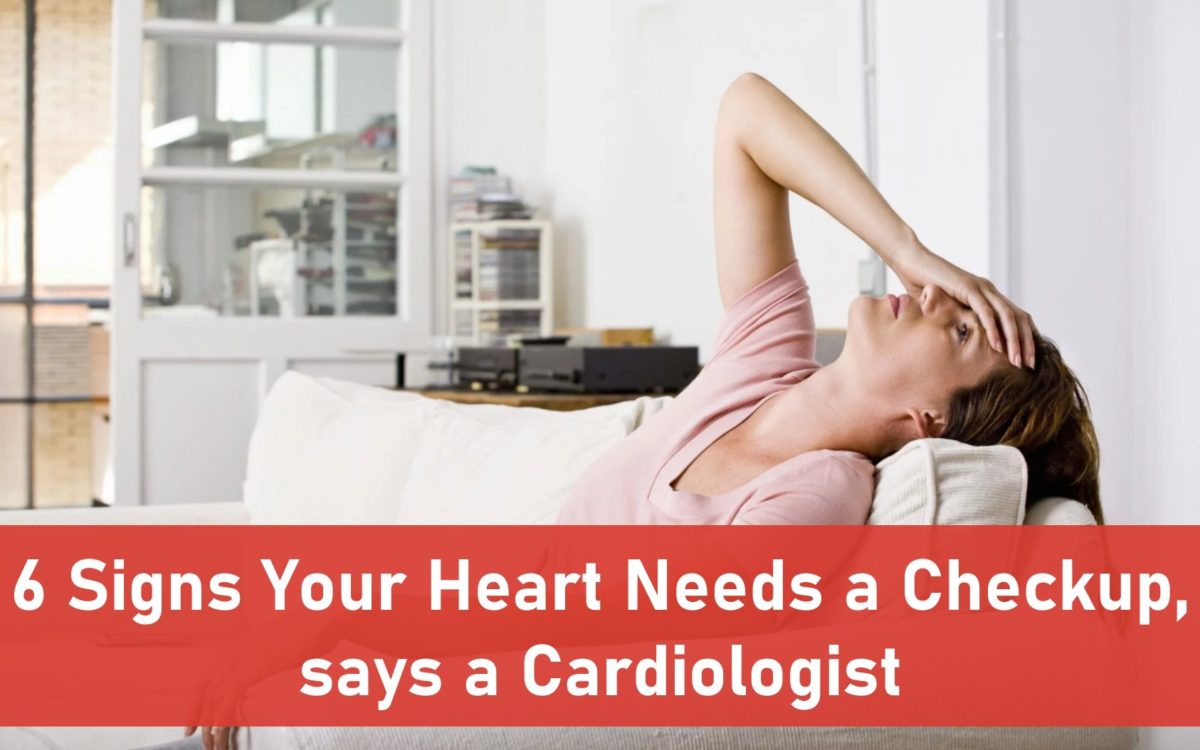
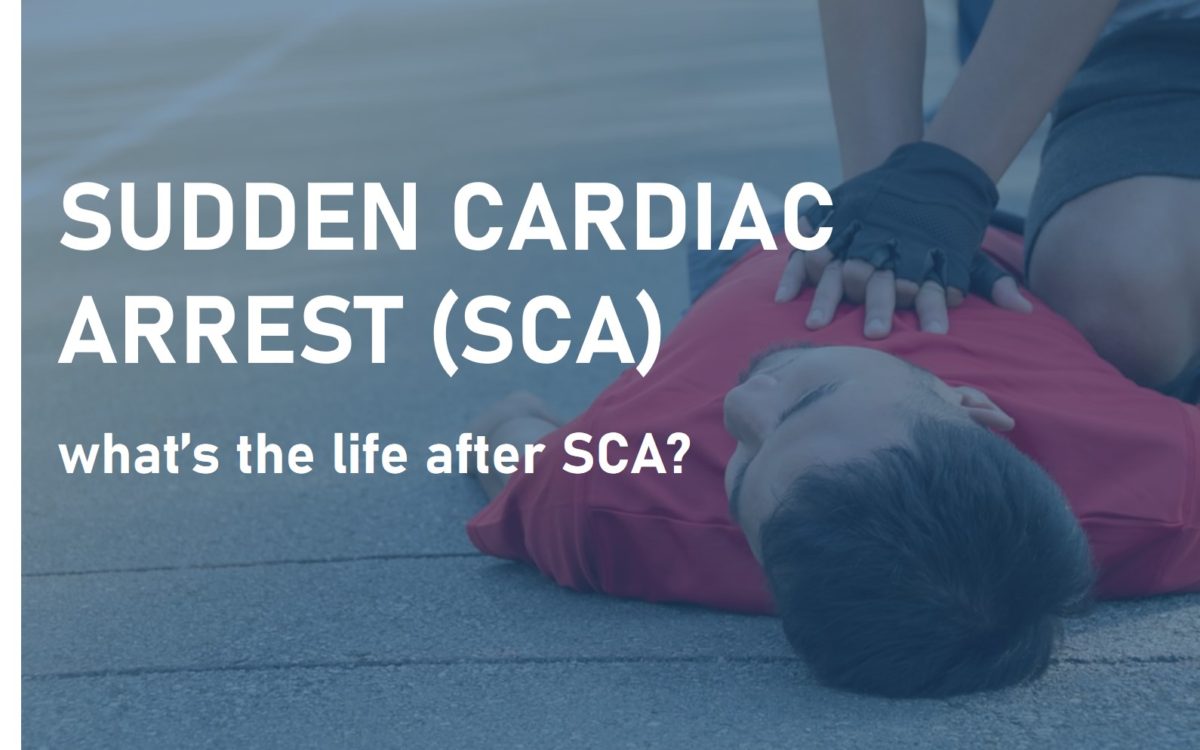

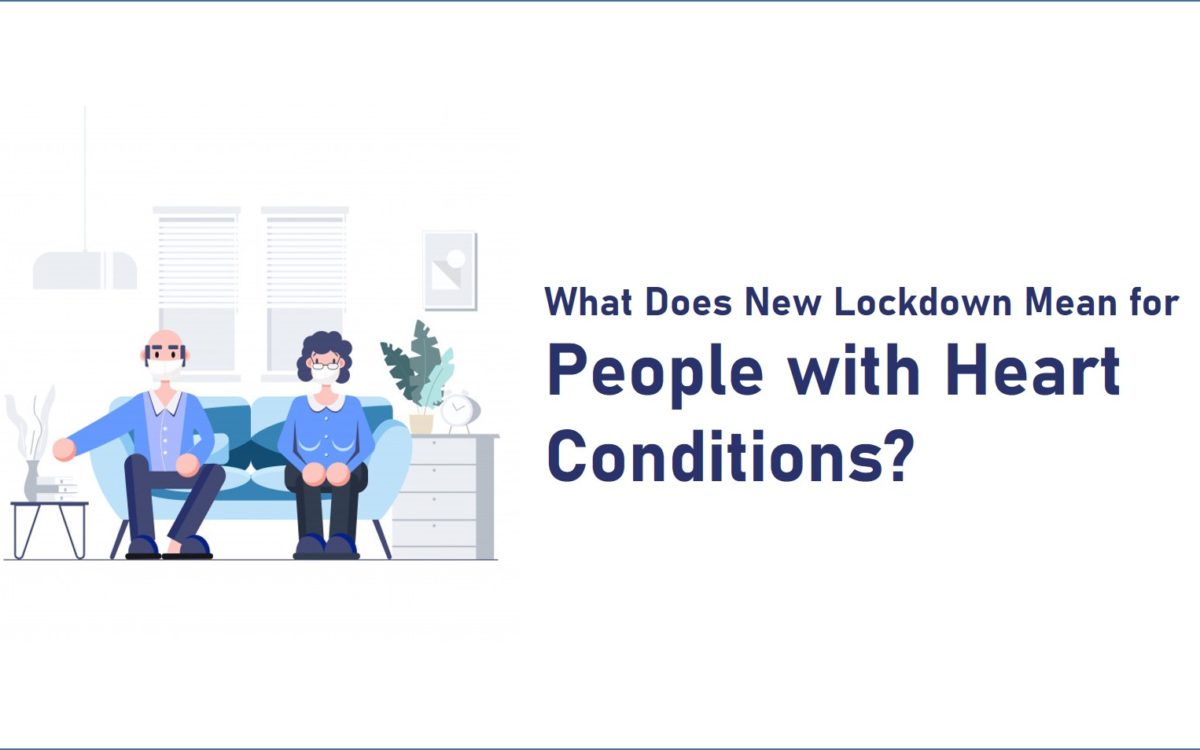
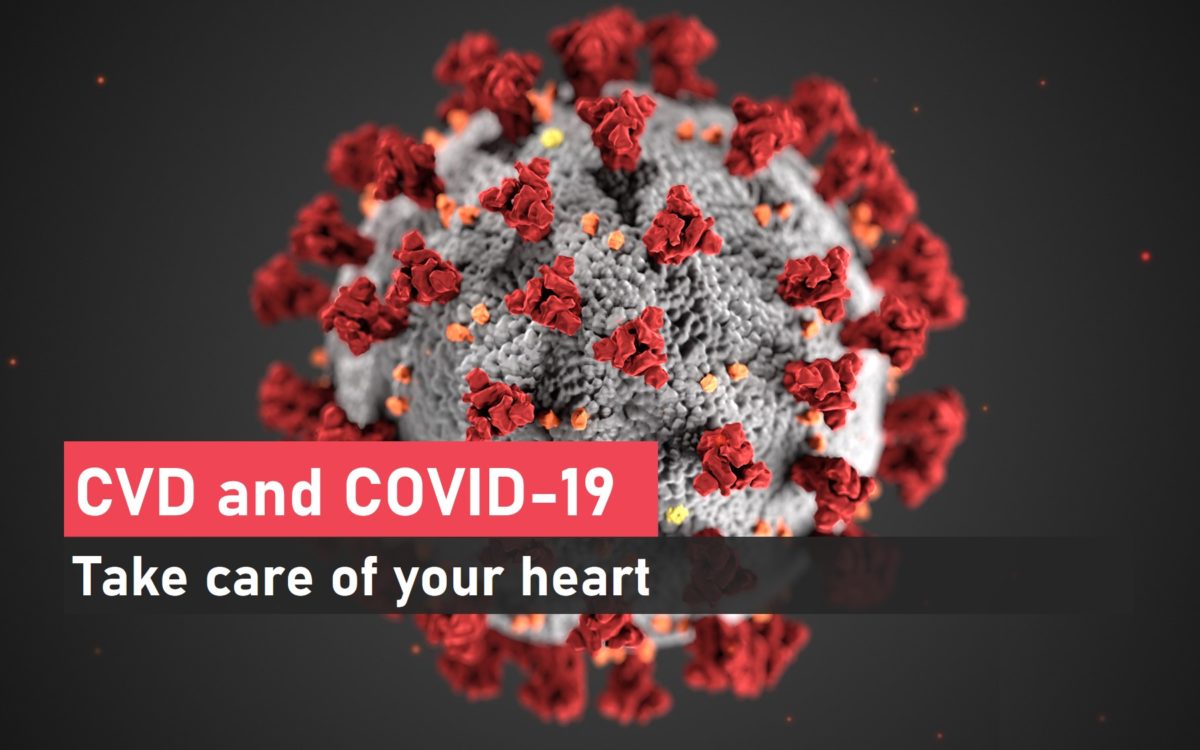
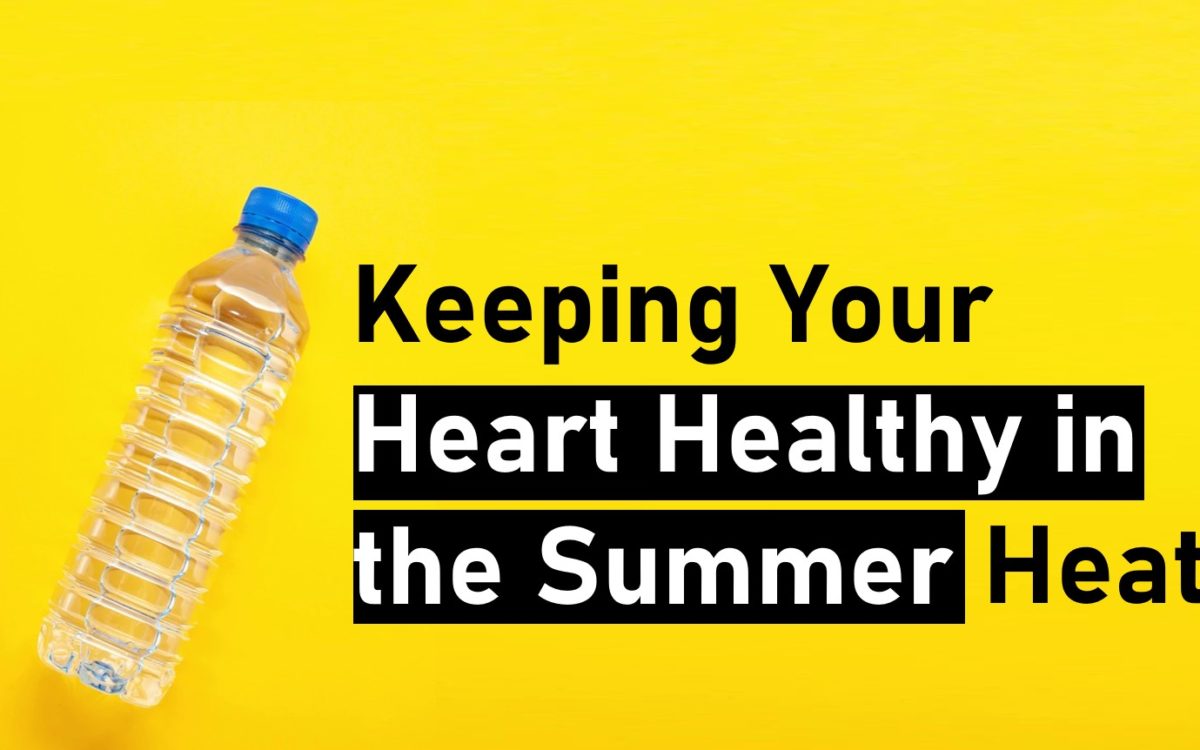
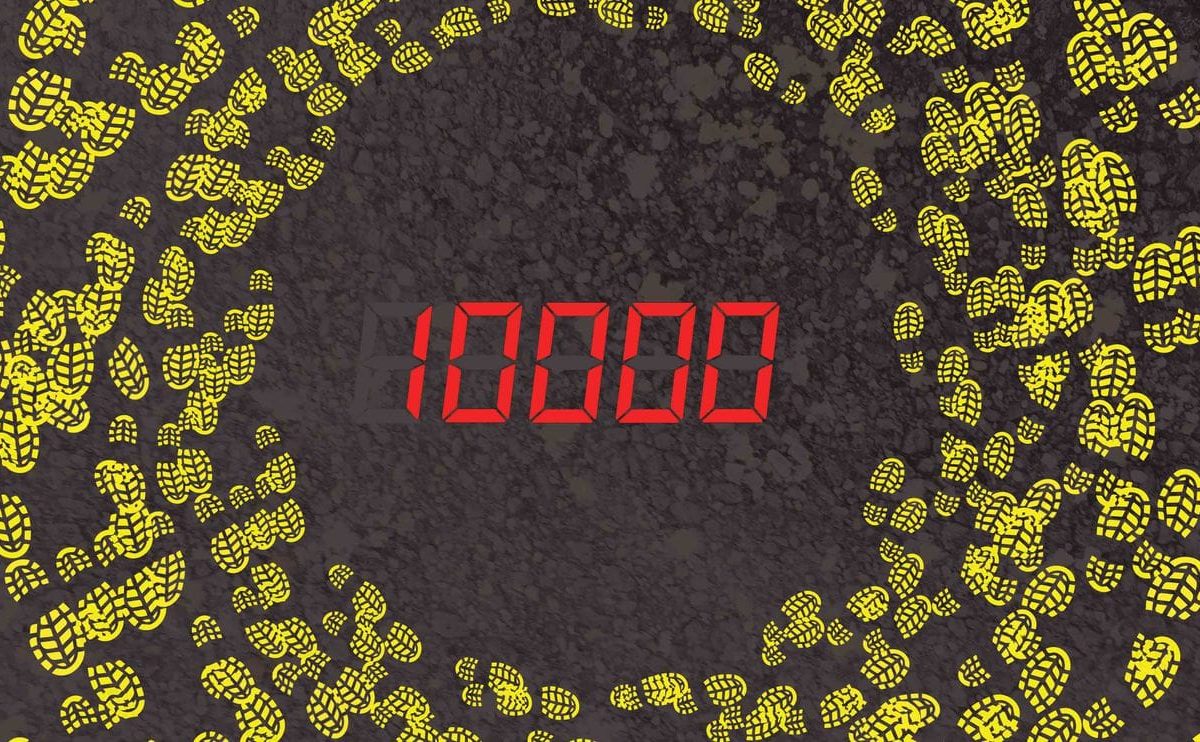

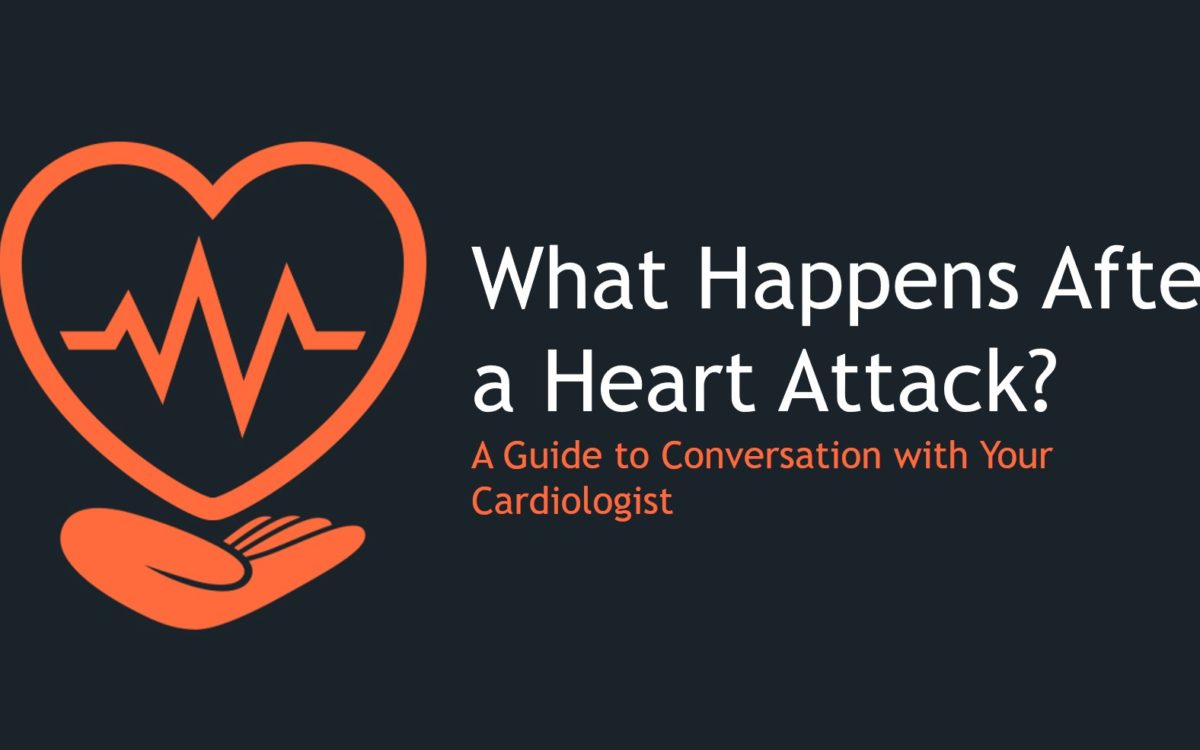
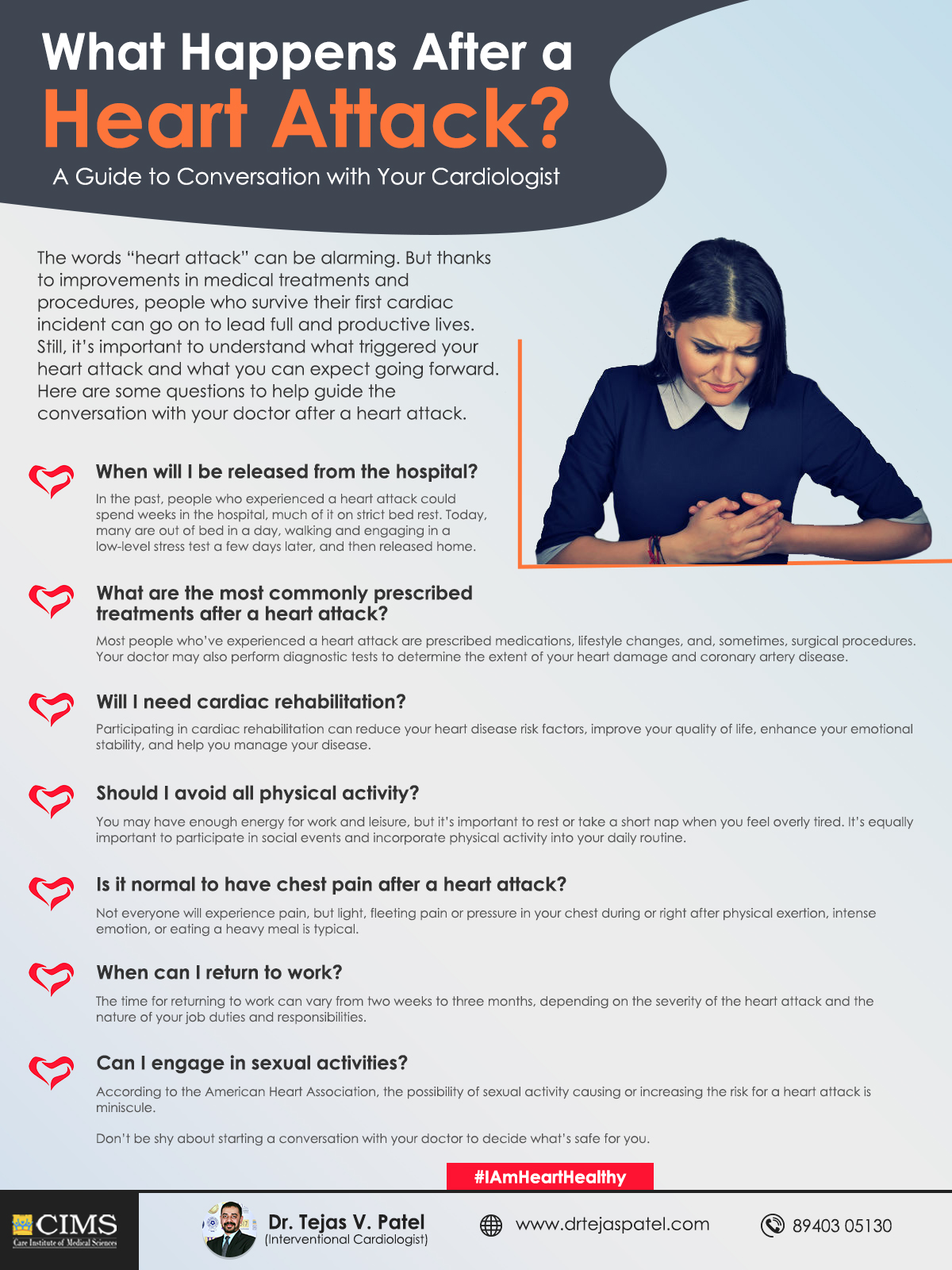
Recent Comments